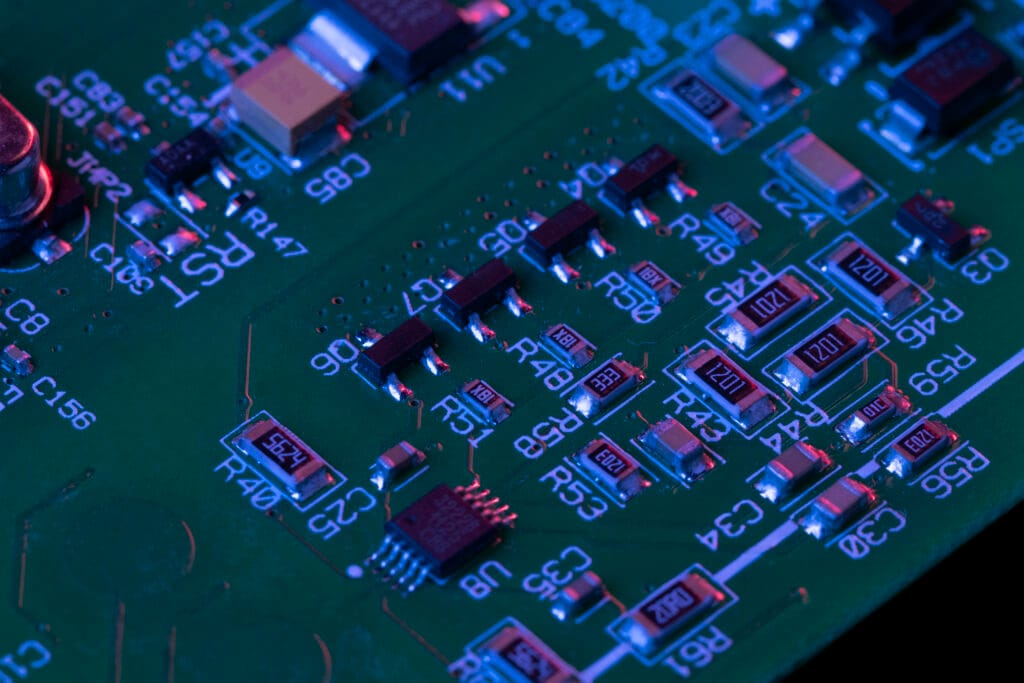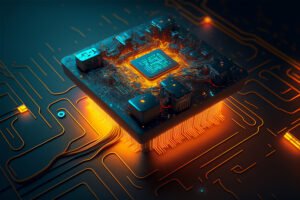Quantum computing stands at the forefront of technological innovation, promising to redefine what’s possible in fields such as cryptography, material science, optimization, and artificial intelligence.
However, despite remarkable progress, building scalable quantum systems remains a complex challenge. Until fully functional quantum hardware becomes mainstream, researchers rely heavily on classical computing systems for simulation and algorithm verification.
Among these, Field Programmable Gate Arrays (FPGAs) have emerged as a powerful platform that bridges the gap between quantum theory and experimental realization.

Understanding the Challenge in Quantum Simulation
Simulating quantum systems is inherently complex because every additional qubit doubles the computational state space. Traditional computing architectures, including CPUs and GPUs, struggle to handle this exponential growth efficiently.
They are limited by sequential processing and memory constraints, making them less suitable for large-scale, real-time quantum simulations.
FPGAs, on the other hand, offer hardware-level flexibility and parallelism, enabling researchers to accelerate these simulations and perform low-latency quantum control operations effectively.

Why FPGAs Matter in Quantum Computing Research
FPGAs are reconfigurable hardware devices that can be tailored for specific workloads. Their customizability, speed, and precision make them ideal for quantum computing research.
Hardware-Level Parallelism
Quantum systems inherently exhibit parallelism. FPGAs emulate this behavior by allowing multiple operations to occur simultaneously through configurable logic blocks. This makes FPGA-based quantum simulations more efficient than CPU-based sequential methods.
Real-Time Processing for Quantum Control
In experimental quantum setups, precise control and synchronization of signals are crucial. FPGAs excel in generating and processing control pulses with nanosecond precision, enabling deterministic and reliable control over qubits in real time.
Customizable Quantum Gate Emulation
Researchers can use FPGAs to design hardware logic that mimics quantum gates and entanglement operations. This allows quick testing and prototyping of quantum algorithms before implementing them on actual quantum processors.
Energy Efficiency
FPGAs consume less power than GPUs for similar computational workloads, making them energy-efficient platforms for sustained quantum simulations and research applications.
Hybrid Quantum-Classical Integration
In hybrid systems that combine quantum and classical computation, FPGAs play a key role as the interface layer, managing data exchange and real-time feedback between the quantum processing unit (QPU) and classical controller.

Key FPGA Applications in Quantum Research
FPGAs contribute to multiple aspects of quantum computing, including:
- Quantum algorithm simulation and validation
- Real-time quantum error correction and feedback loops
- Precise quantum control and pulse generation
- Cryogenic FPGA systems for low-noise environments
- Emulation of quantum communication and networking systems

Recent Advancements and Use Cases
Leading research institutions and technology companies are leveraging FPGA technology for advancing quantum research:
- IBM and Xilinx (now AMD) have worked on FPGA-based controllers for superconducting qubits.
- Microsoft’s Quantum Development Kit incorporates FPGA acceleration for quantum circuit simulation.
- ETH Zurich and QuTech Delft have demonstrated real-time feedback systems using FPGAs to stabilize quantum states.
These use cases highlight the growing synergy between programmable hardware and quantum technology development.

Challenges and the Road Ahead
Despite their advantages, FPGAs also present challenges in quantum applications. Designing FPGA-based simulators for large-scale quantum systems demands specialized expertise in hardware design, optimization, and resource management. Memory bandwidth and logic utilization constraints can limit scalability.
However, modern advancements in High-Level Synthesis (HLS), AI-assisted design tools, and next-generation FPGA platforms such as Xilinx Versal and Intel Agilex are reducing these barriers, making FPGA-based quantum development more accessible and efficient.

Conclusion
FPGAs have proven to be an essential enabler in quantum computing research and simulation. Their combination of flexibility, high-speed processing, and precision control provides the foundation for simulating complex quantum systems and supporting hybrid architectures.
As the quantum computing landscape continues to evolve, FPGAs will play an increasingly vital role, accelerating simulations, enabling intelligent quantum control, and helping bridge the path toward practical, scalable quantum computing solutions.


![What is FPGA Introduction to FPGA Basics [2023] computer-chip-dark-background-with-word-intel-it](https://fpgainsights.com/wp-content/uploads/2023/06/computer-chip-dark-background-with-word-intel-it-300x171.jpg)









